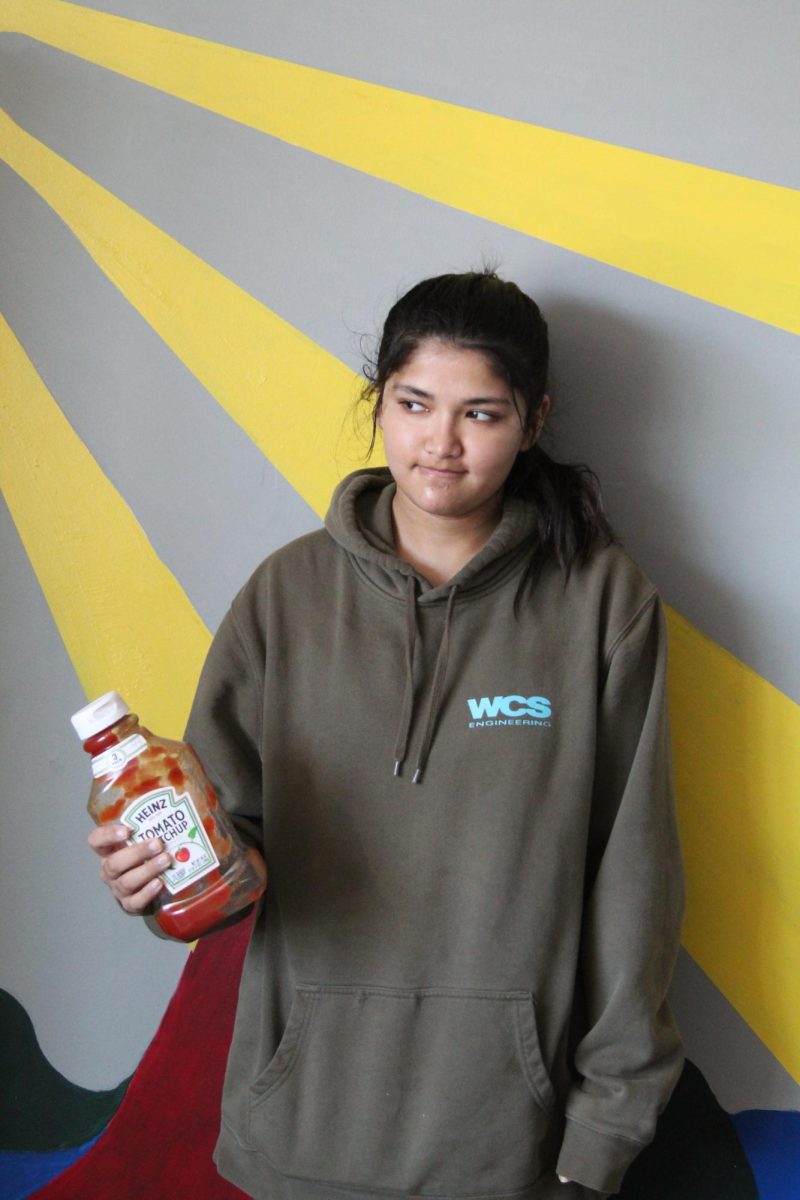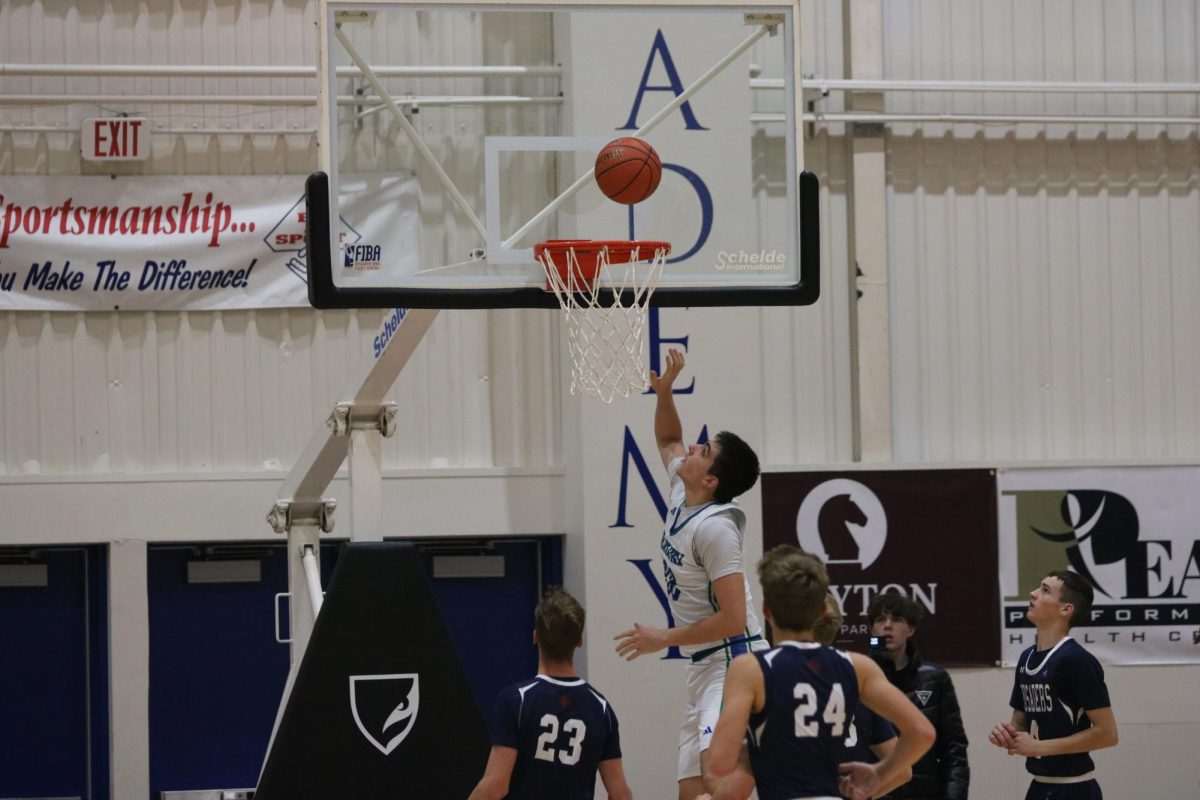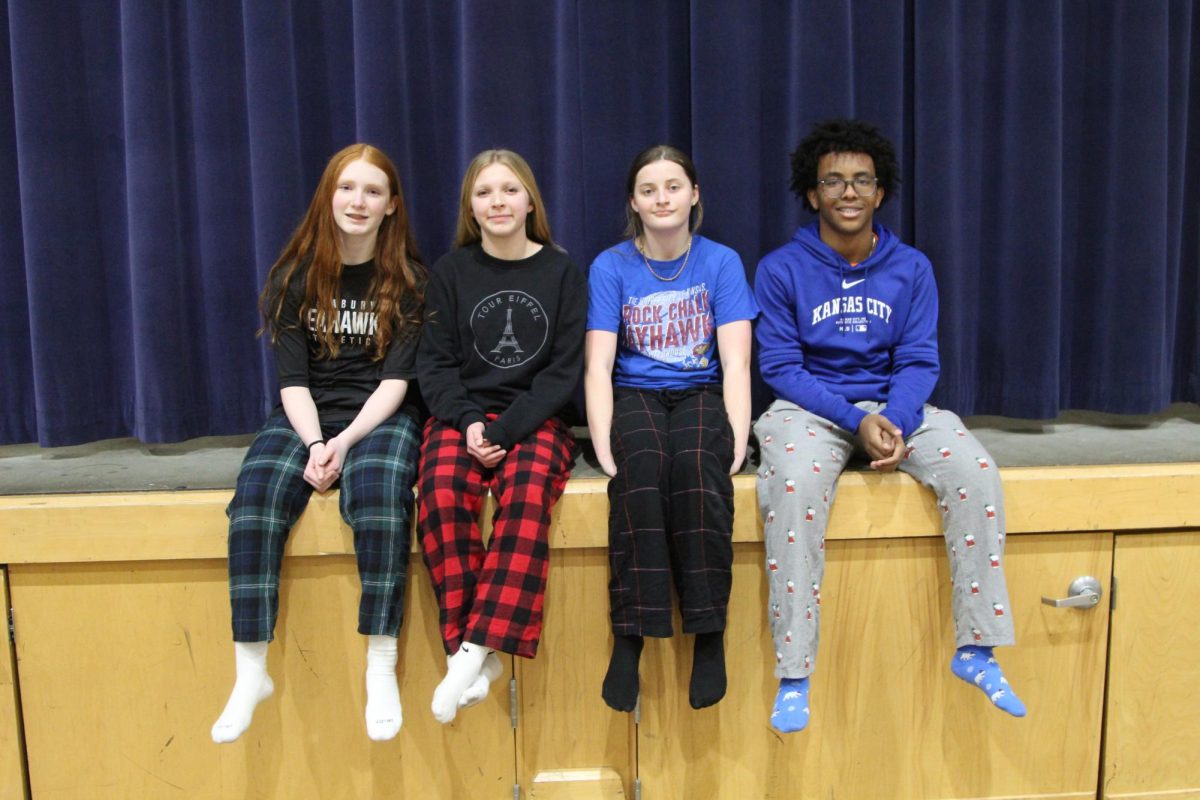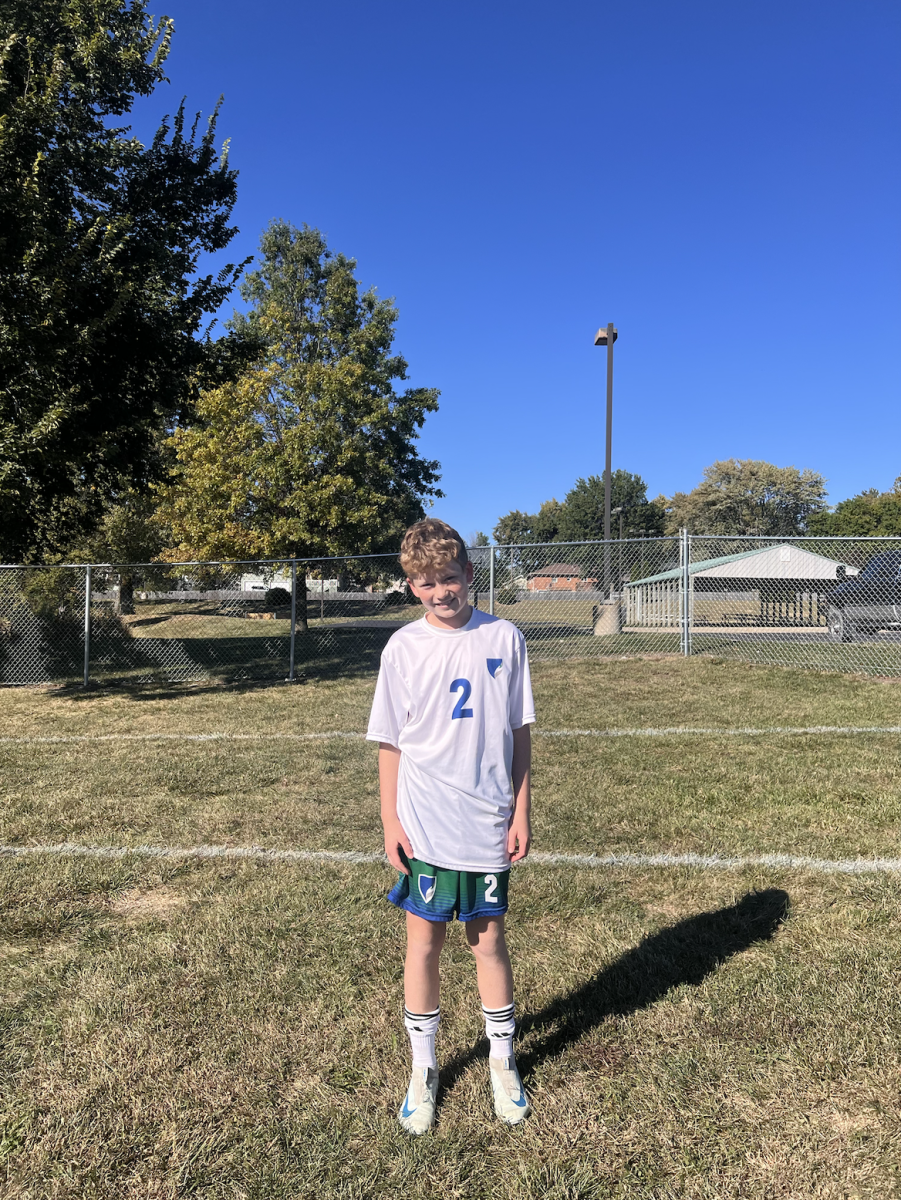The halls are quiet … too quiet. Suddenly, the silence is broken by door hinges whining under the blows of eager shoves, and a cacophony of squeaky shoes and chatter rumbles throughout the building. Like blood cells in a plaque-ridden artery, students clog that fateful intersection at the mouth of Reese Hall where the pinnacle of all things sweet, salty and monetary rests waiting. Sliding open the green window signals the beginning of transactions; cash gripped in waving fists, cries for candy, pleading barter prepositions and orders containing enough sugar to replace the sands of a beach all characterize this frenzied custom. The Snack Shack is back, and it is certainly bigger than ever, but is it better?
A large part of the Shack’s newfound prevalence can be attributed to the change in its leadership. Seniors Chase Honavar and Zephyr O’Hara came into the school year with ambitions to make the most of their senior project.
Honavar, the Shack’s frontman, explains his motivations: “It’s kind of like a business, and … I’m kind of interested in running a business, so [it was] something that I felt like would be pretty fun. I feel like I’d be pretty successful,” he says. To achieve this success, he has introduced “promotions, like free popsicles” as well as a general attitude of “just having fun with it.”
With his sales pitches a common occurrence in the hallway, Honavar’s confidence in making business decisions is no surprise: “The more stuff you offer, the [wider] variety of people it goes through. So [we’re] just trying to give people what they want so they spend more money,” he says.
Another audacious action is unprecedented in Snack Shack history: “Zeph went out and bought a freezer one day from Home Depot and then brought it, so I mean, it’s been really helpful. We [have] ice cream and popsicles in there,” Honavar says. This expansion in variety and willingness to take risks has not gone unnoticed.
Freshman AJ Campbell, a regular customer, says, “It’s actually a lot better than it was last year. [There’s much] more stuff. We have more drinks there, ice cream, love the ice cream, and popsicles. Just a [much] better selection.” Beyond just the products, though, Campbell considers the Shack’s improvement to be holistic: “I think the advertisement is a lot better, and they’re open a lot more than they were last year, so they’re going to make more money. Really, [it’s] just people running it [a] lot better than they were last year,” he says.
Senior Heba Aziz, who will take part in the senior trip to Florida funded by the Shack, is pleased by its fruitfulness: “I think it’s really awesome that they’re making so much money, especially more than they have in the past,”she says.
However, Aziz does have her qualms: “Giving out free stuff to the sixth graders … totally draws them in, [but] some of them … don’t actually end up paying for things in the end,” she says. “Also [what] they’re selling [is] outrageously priced. Why is a candy bar $2? That’s nuts.” Regardless, Aziz subscribes to the idea that “if people are buying it, that’s a-okay.”
What she has no tolerance for is “all of the people standing in front of the Snack Shack.” She says, “Standing in front of the door to the Senior Lounge is not okay. It’s really hard to get by all the kids that are standing there. They don’t pay attention to who’s around, and then you can’t get past. It makes everyone’s life more difficult.” To this point, she requests, “Please don’t crowd in the hallways. Make a nice, orderly line.”
Though the Shack has been mostly triumphant, it has also endured a rocky road and not the kind with chocolate, almonds and marshmallow. Earlier this year, Dean of Students William Whipple punished the Shack for selling to middle schoolers during disallowed periods by forcing them to close for two days.
“They [have gotten] in trouble a couple times because they have been over advertising and not closing when they need to,” says Campbell, who thinks the policies are fair but relies on the Shack being open.
Regarding these rules, Honavar says, “I think it’s unfair. It’s okay, though. We get past it. We’ll make more money. Business [is] always open.” He figures since “it’s funding [the senior] trip, … if [he doesn’t] make money now, it’s gonna come out of [someone’s] pocket later.”
It seems as though the senior leaders have more tasty tricks up their sleeves, but just how far they are willing to push the regulatory limits is unclear.







